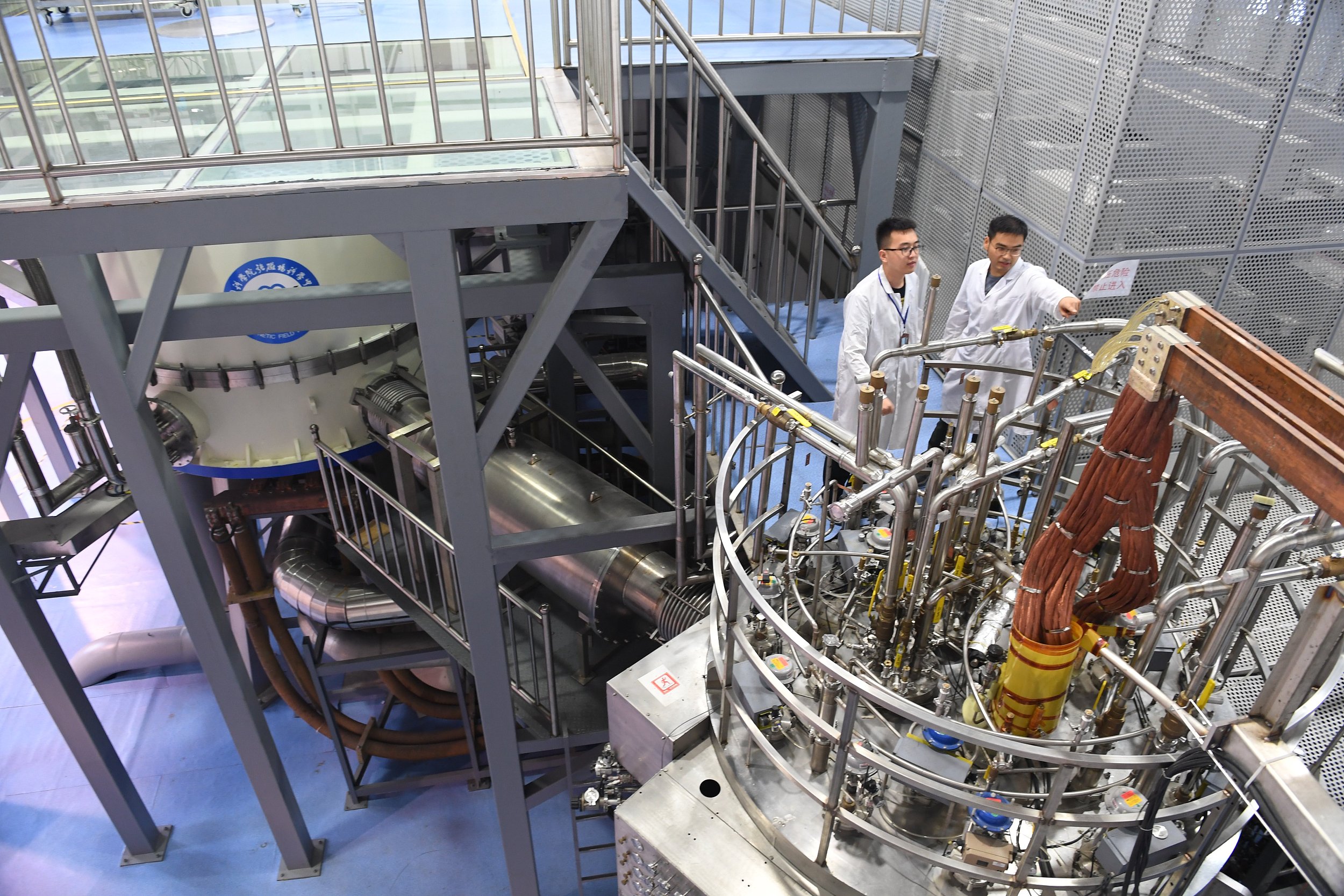EU's AI Act Should not be a Regulatory Barrier

Deutsche Bahn's "Spot" robot walks between parked suburban trains to protect the trains from vandalism and graffiti, March 15, 2024, Free State of Bavaria, Germany. (PHOTO: VCG)
By Staff Reporters
The European Union's parliament on March 13 approved the Artificial Intelligence Act,which is dubbed the world's first comprehensive AI law.
Born in 2021, the AI Act takes a risk-based approach: the riskier the system, the tougher the requirements. It defines four levels of risk for AI systems, ranging from unacceptable, high, limited, to minimal.
"All AI systems considered a clear threat to the safety, livelihoods and rights of people will be banned, from social scoring by governments to toys using voice assistance that encourages dangerous behavior," according to the EU Act.
Not everyone is in favor of the "historic" EU AI act. Some companies worry that the act may limit technological innovation and business development, and hurt them via additional constraints, while some believe the act does not go far enough to fully address the challenges and risks posed by AI.
According to TradingView, a social media network, the French and German governments are against some of the strictest ideas for regulating generative AI, arguing that the rules would hurt European startups like France's Mistral AI and Germany's Aleph Alpha GmbH.
The adoption of the act means that if AI companies want to enter the European market, they must first make sure that their products and technologies meet the standards and requirements.
For small and medium-sized enterprises, as well as start-ups, it means a lot more work is needed.
Marianne Tordeux Bitker, public affairs chief at France Digitale, described this as having "a bittersweet taste." They fear that the regulations will simply create additional regulatory barriers that will benefit American and Chinese competition, and reduce their opportunities for European AI champions to emerge, she told Euronews.
While the law only applies in the EU, it is expected to have a global impact, said The Wall Street Journal, adding the act could also be used as a model for other jurisdictions' AI regulations, which will contribute to a ripple effect.
The act is set to be enforced in May. As MEP Dragos Tudorache told BBC News: "The AI act is not the end of the journey but the starting point for new governance built around technology."
The act should not be a regulatory barrier or impede the AI industry development. People expect both safe AI applications and to remain open for business under such supervision.


